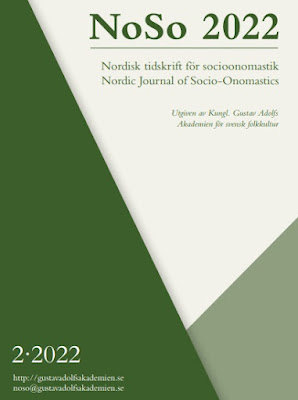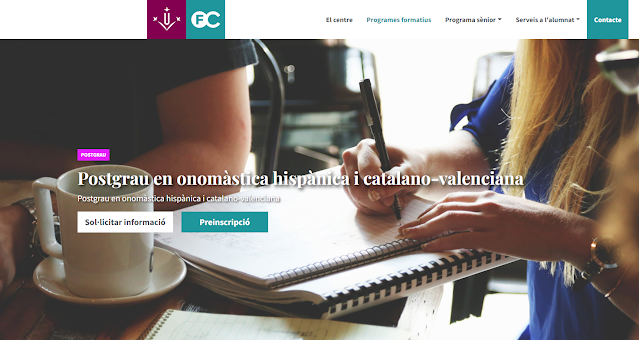NoSo 2·2022
Nordisk tidskrift för socioonomastik / Nordic Journal of Socio-Onomastics
Price from SEK 220
Nordisk tidskrift för socioonomastik / Nordic Journal of Socio-Onomastics (NoSo) is a platform for research that explores the role of names in societies and in social interaction. The journal has a broad approach, including historical as well as contemporary data, different methods, and both theoretical and practical research questions. The focus is Nordic in the sense that the research presented should be of interest from a Nordic point of view.
Innehåll
Terhi Ainiala, Paula Sjöblom & Ulla Hakala: Kommunens namn i kommunsloganer: perspektiv från lingvistik och marknadsföring / Municipalities’ names in municipal slogans: Linguistic and marketing perspectives
Daniel Duncan: Chronotopes and commodification on the Streets of St. Charles
Linnea Gustafsson: Social aspects of introducing the multiple forename system in Skellefteå, Sweden: 1720–1890
Sofia Kotilainen: Using the concept of onomastic literacy as an analytical tool: A methodological examination of the names of European royal families
Helle Lykke Nielsen, Maria Löfdahl, Tove Rosendal, Johan Järlehed & Tommaso Milani: Moskéer i Göteborg: Självpositionering i det urbana rummet / Mosques in Gothenburg: Self positioning in the urban space
Lennart Ryman: Gamla örtug – ett binamn i det senmedeltida Stockholm? / Gamla örtug – a byname in late medieval Stockholm?










